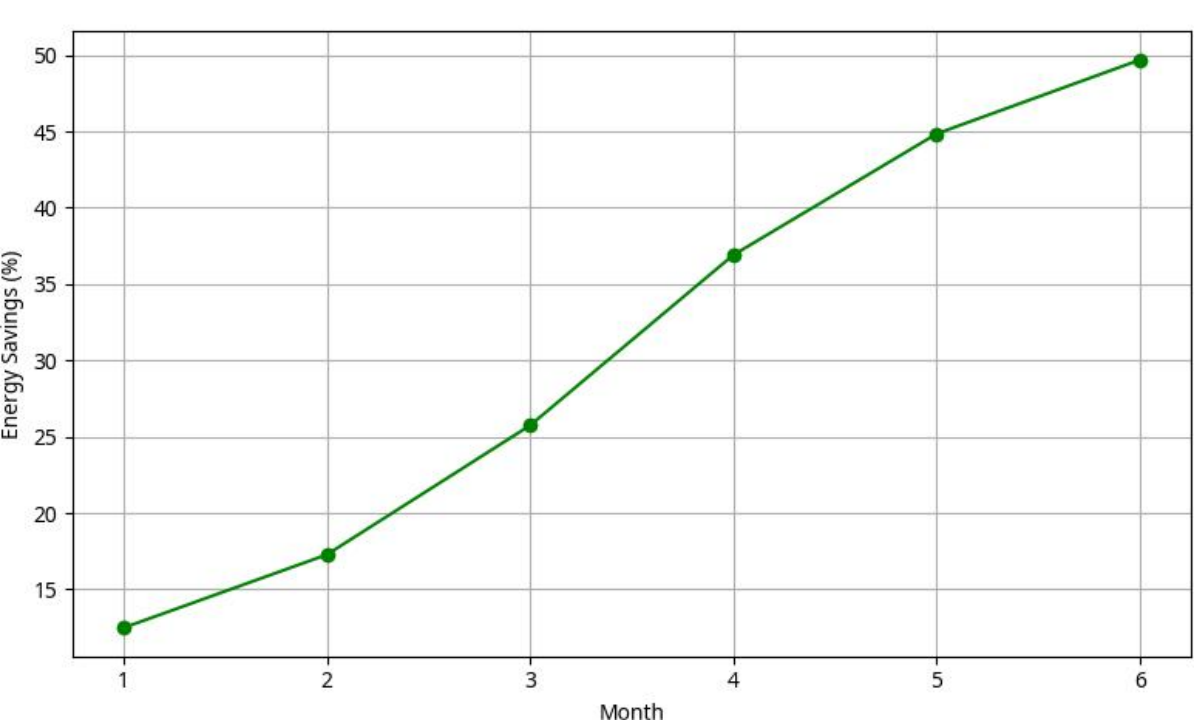Integrating Design Thinking and Reinforcement Learning for Sustainable Human - Computer Interaction: The Smart Office Lighting System (SSOLS)
DOI:
https://doi.org/10.64504/big.d.v2i3.239Keywords:
Design Thinking; Reinforcement Learning; Sustainable Human - Computer Interaction; Smart Lighting; Energy EfficiencyAbstract
This paper presents an integrative framework that combines design thinking with reinforcement learning (RL) to address sustainability challenges in human - computer interaction (HCI). The framework enhances both user experience and environmental performance by embedding human-centered insights into adaptive machine learning control systems. A prototype system, named the Smart Sustainable Office Lighting System (SSOLS), was developed and empirically validated through deployment in office environments. SSOLS dynamically adjusts lighting conditions based on user preferences, ambient illumination, and energy consumption data collected from calibrated sensors. The RL-based controller continuously learns from user feedback and environmental inputs to balance comfort and energy efficiency. Experimental results, derived from six months of field operation and validated through statistical analysis, demonstrate that SSOLS achieved energy savings of 23 - 28% without compromising perceived comfort levels. This study provides a reproducible methodology that bridges empathic design and intelligent control, advancing the discourse on sustainable and ethically aligned AI-driven interaction design.
Downloads






